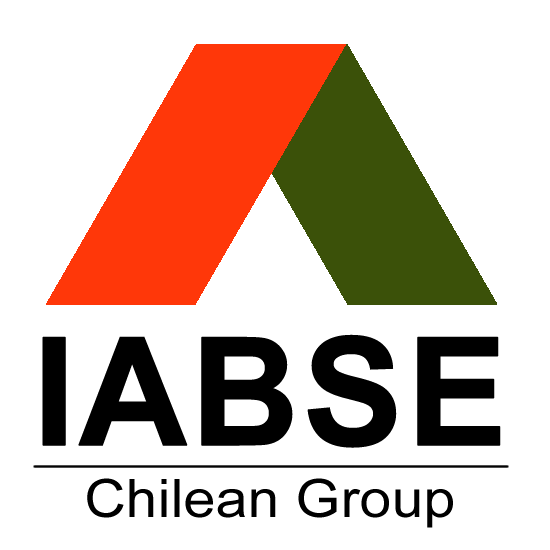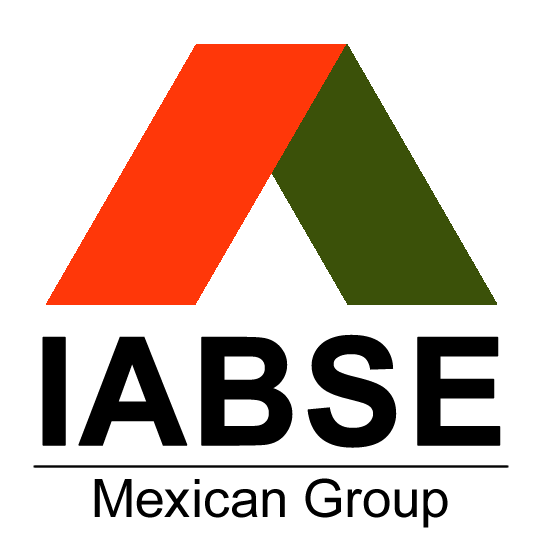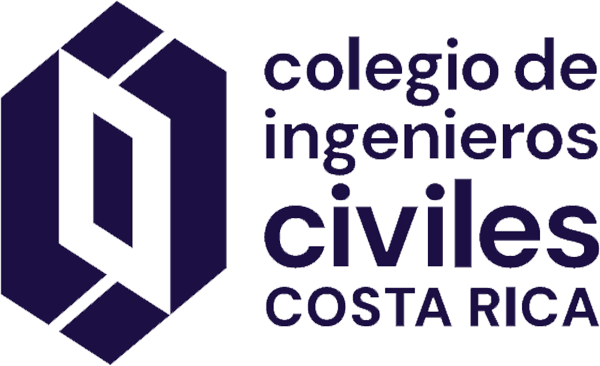The International Association for Bridge and Structural Engineering (IABSE) is delighted to be invited to San Jose, Costa Rica, for the IABSE Congress in September 2024 – the year that marks the Association’s 95th anniversary. Since 1929 IABSE has successfully promoted the exchange of knowledge and has advanced the practice of structural engineering worldwide, in the service of the profession and society. Our members deal with all aspects of structural engineering – all types of structure, all construction materials, and all phases in the life of structures, from the early planning and design stages through to operation, maintenance and final decommissioning, demolition or re-purposing. In everything we do, we take technical, economic, environmental, aesthetic, and social aspects into consideration.
The theme of the IABSE Congress in San Jose is 'Beyond structural engineering in a changing world', and it puts several pressing issues at the top of the agenda, including decarbonisation and climate change, de-constructability and the second use of structures. The construction industry is responsible for a significant amount of carbon emissions and collectively we have a big responsibility to develop solutions that have a positive effect on the urgent challenges. The challenges are at a global scale and to make a real difference we need international collaboration. With over 3000 members in 100 countries, IABSE has a major role to play. During the congress you will get the opportunity to connect with some of the leading experts in the field and recognised thought leaders. Please join the congress to share your knowledge and let your voice be heard. The phrase you are likely to hear the most in Costa Rica is ‘pura vida’, which translates into ‘pure life’ or ‘simple life’, and it is the essence of the way of life in the country. It is also a mindset that can provide guidance to the engineering community and inspire us to look for better solutions with less carbon footprint and a more positive impact. ‘Pura vida’ captures Costa Rica’s rich heritage, culture, and hospitality, as well as its natural scenery, unique ecosystems, and biodiversity.
I hope you will take some time during your visit to enjoy this special place and take some of the ‘pura vida’ spirit home with you. On behalf of the Association, I would like to thank the Costa Rican Group for organising the Congress in San Jose in 2024. I look forward to reconnecting with our members and to welcoming new participants. A special invitation goes to young engineers born in or after 1990 to sign up and enjoy the Young Engineers’ Programme, as well as the networking opportunities with experienced members of the profession. Please join us!
Tina Vejrum,
President of IABSE

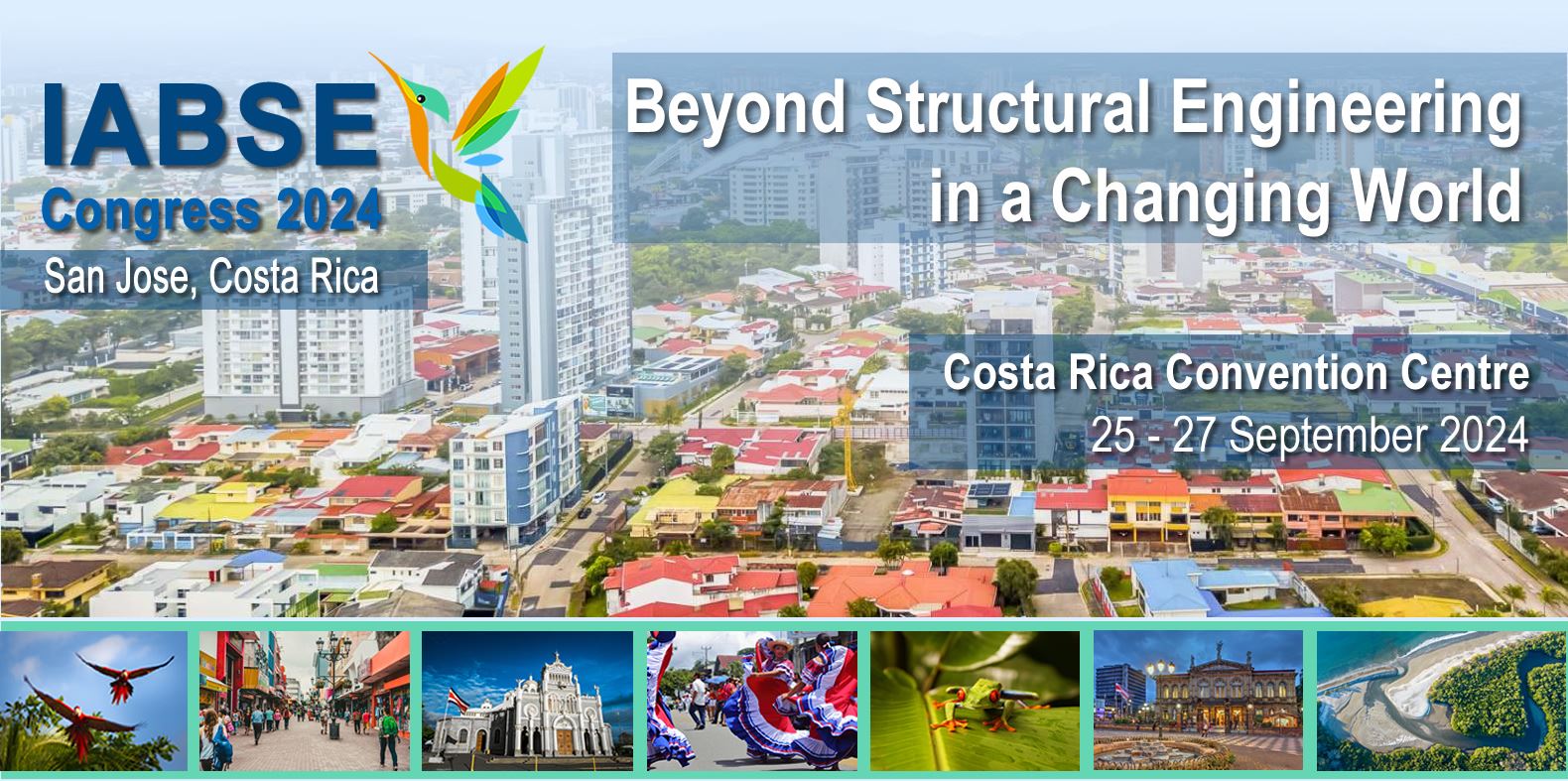
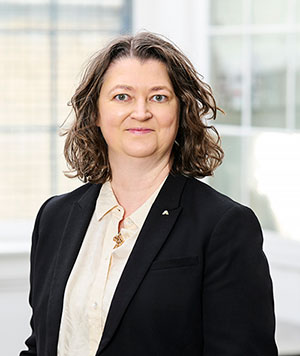
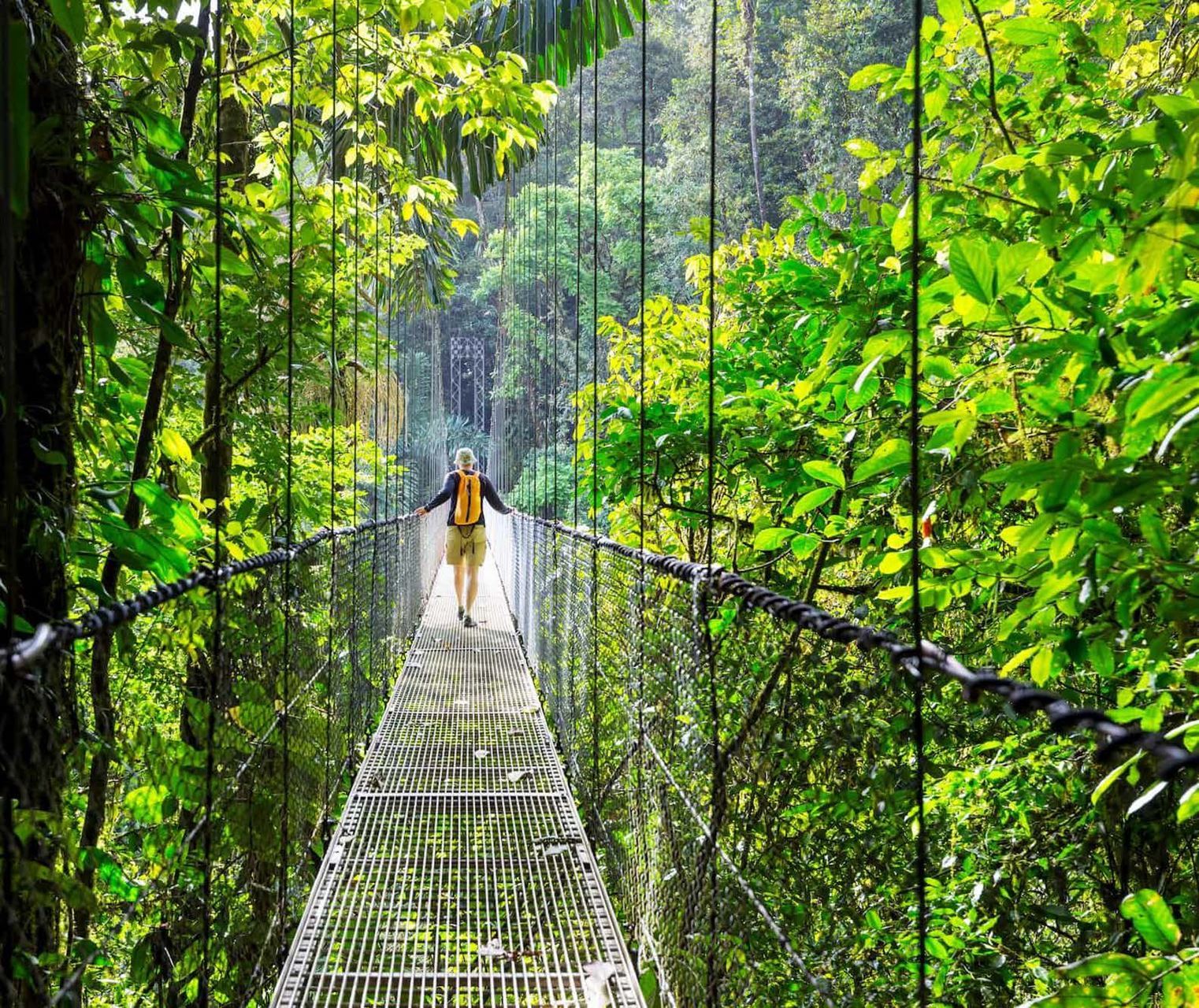

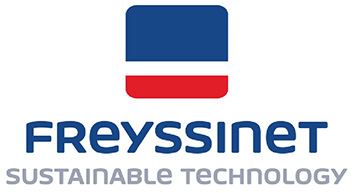



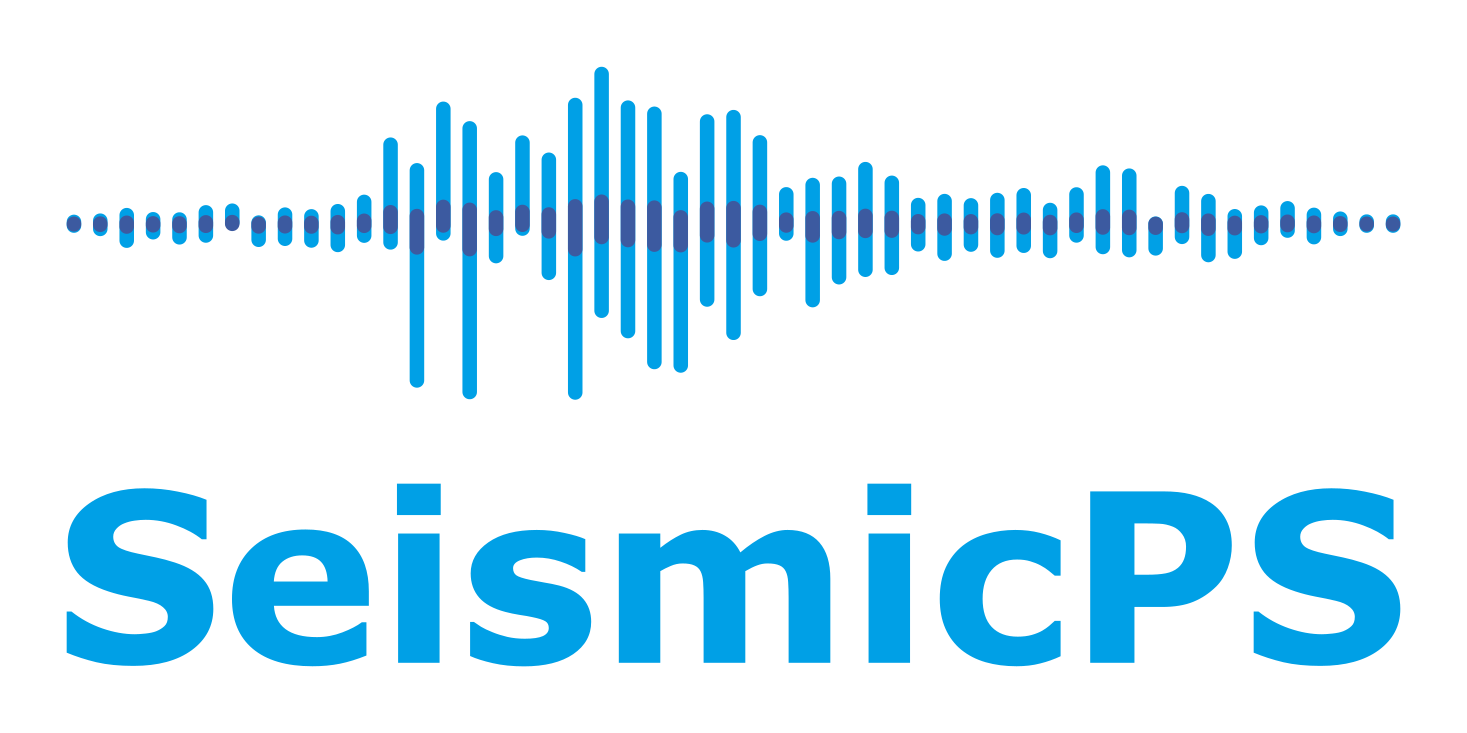
.png)
.png)

